Regulating A Modern Resource Mix
The Mid-Year Energy Forum will be held at The Westin (previously called the Marriott Renaissance) in Washington, D.C. on Tuesday and Wednesday, October 10-11, 2023.
Tuesday, Oct 10
1:00 PM - 2:30 PM Welcome and General Session 1: Interconnection Queue Reform – How FERC’s New Pro Forma Interconnection Procedures Could Advance New Generation
On July 27, 2023, FERC issued a final rule, Order No. 2023, requiring all public utilities to adopt revised pro forma generator interconnection procedures and agreements. The new rule adopts a first-ready, first-served cluster study process, firm deadlines and penalties for queue processing, and technological advancements in the interconnection process. With compliance filings due shortly after the mid-year forum, this panel will discuss (1) the interconnection queue backlog that led to FERC issuing its final rule; (2) the measures certain transmission providers have already taken and what we could expect to see from other transmission providers in their compliance filings; and (3) what impact the new interconnection procedures and agreements may have on the resource mix in various regions and the resulting implications for reliability, resiliency, and affordability.
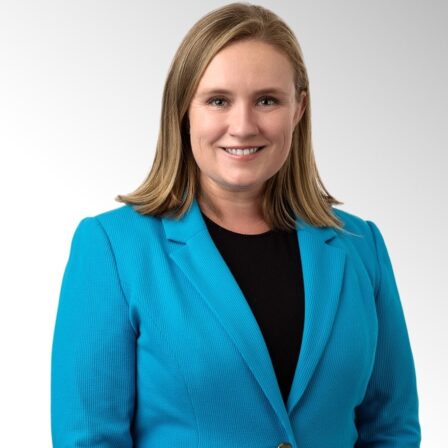
Moderator -
Elizabeth P. Trinkle
Shareholder
Wright & Talisman PC
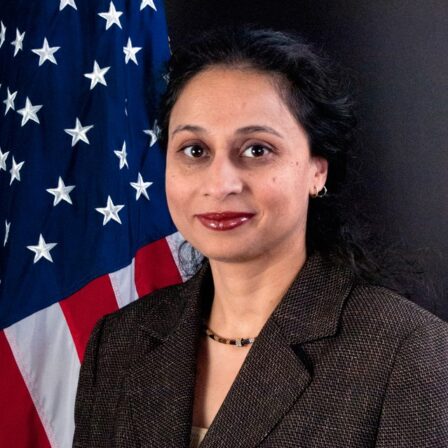
Jignasa P. Gadani
Director, Office of Energy Policy and Innovation
Federal Energy Regulatory Commission
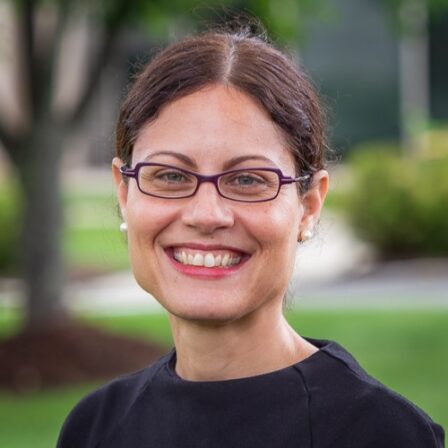
Monica Gonzalez
Assistant General Counsel – Operations and Planning
ISO New England Inc.

Omar A. Martino
Executive Vice President, Markets and Regulatory
Invenergy LLC
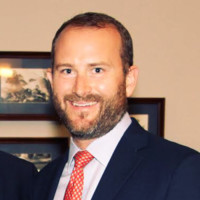
William Sauer
Managing Director
Duke Energy Corporation
2:45 PM - 4:00 PM: Concurrent Sessions
Concurrent 1A: Inching Toward Organized Markets: Value Proposition for Energy Imbalance and Energy Exchange Markets
The Western Interconnection now has two energy imbalance markets: SPP’s Western Energy Imbalance Service (WEIS) market and CAISO’s Western Energy Imbalance Market (WEIM). Some utilities in the Western Interconnection are also considering whether to join SPP – expanding its RTO into the Western Interconnection – while others consider the possible creation of a new RTO in the Pacific Northwest. Meanwhile, in the Southeast, multiple utilities have formed the Southeast Energy Exchange Market (SEEM) which won approval through a divided FERC, an approval that was recently remanded to FERC by the DC Circuit. Panelists will explore these developments, including what is driving creation of imbalance and exchange markets today, how these markets advance or inhibit achievement of the clean energy transition, and whether these markets are positive developments for energy consumers compared to an RTO or ISO.
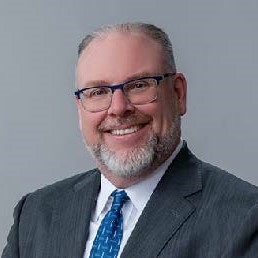
Moderator -
Sean A. Atkins
Partner
Davis Wright Tremaine LLP

Noel W. Black
Senior Vice President, Federal Regulatory Affairs
Southern Company
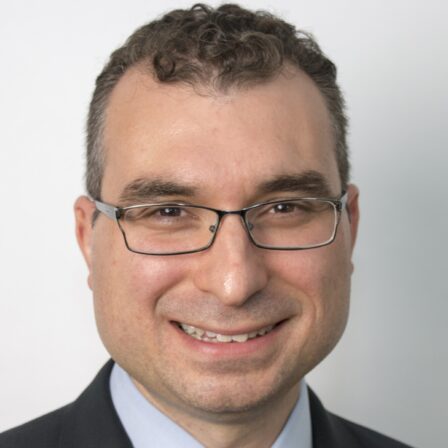
Giuseppe Fina
Assistant General Counsel
Public Utility District No. 1 of Snohomish County
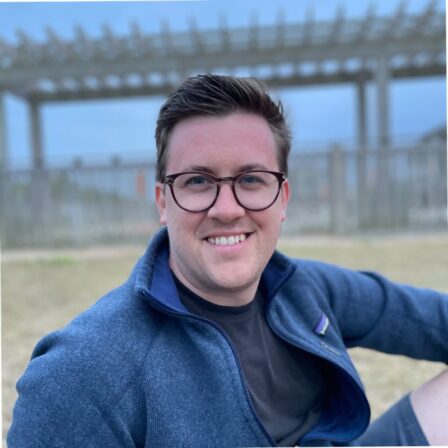
Brian George
U.S. Federal Lead, Global Energy Market Development and Policy
Google
Concurrent 1B: Managing the Promises and Complexities of Renewable Natural Gas
The production, transportation, and use of Renewable Natural Gas (“RNG”) or Biomethane (the gaseous product produced from the decomposition of organic matter) has been steadily increasing for the last couple decades. Today, there are 300 operational RNG facilities in North America with even more under construction or in the planning stages. This renewable resource can be fully interchangeable with conventional natural gas, presenting plentiful opportunities in the energy transition. However, the influx of RNG into the natural gas pipeline system is not without debate. For example, generation customers have raised concerns about impacts to turbines and equipment posed by the blending of RNG on natural gas pipelines. This has led to lengthy proceedings at the Federal Energy Regulatory Commission regarding natural gas quality specifications in pipeline tariffs. This session will provide an overview of RNG production and its potential use and role in the energy transition, as well as touch on challenges facing the natural gas industry and stakeholders posed by the recent and growing influx of RNG into the market.
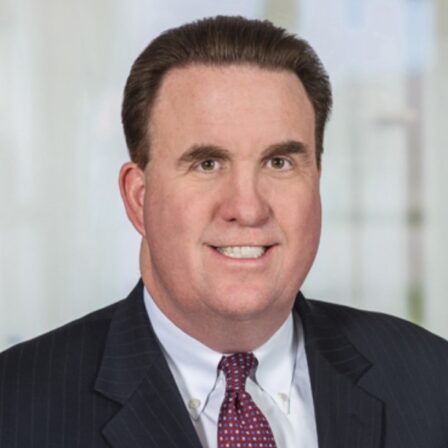
Moderator -
Joseph H. Fagan
Partner
Day Pitney LLP
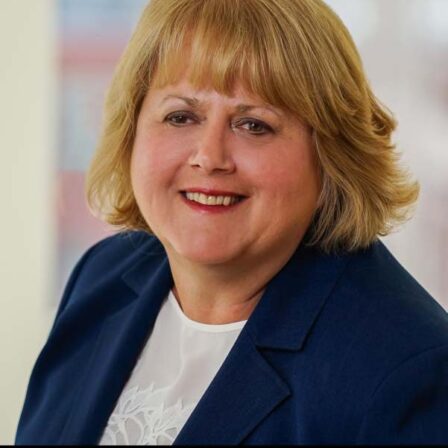
Andrea Chambers
Of Counsel
DLA Piper US
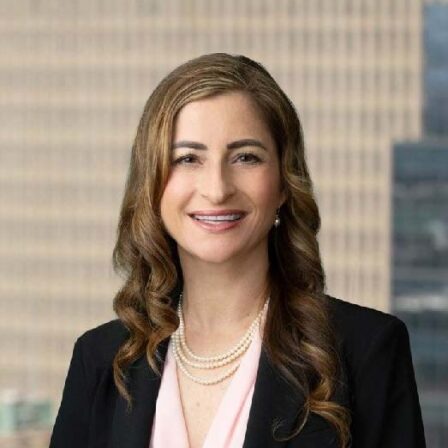
Suzanne E. Clevenger
Partner
Vinson & Elkins LLP

Geoffrey Dietz
Director of Federal Government Affairs
The Coalition for Renewable Natural Gas
4:15 PM - 5:30 PM: Concurrent Sessions
Concurrent 2A: Fully Charged: Recent Progress in Distributed and Grid-Scale Battery Storage
Batteries are expected to play a key role in the energy transition. Because of their unique ability to store electricity for later use, batteries and other energy storage technologies can be deployed to provide reliable, cost-effective electricity at both wholesale and retail, and can also be deployed as transmission resources to reduce congestion and enhance deliverability, transfer capability, and efficiency of transmission lines. This panel will discuss the benefits and challenges of co-locating batteries with generation assets versus building them as stand-alone storage assets, common elements of state programs and tariffs for battery-specific services, and other innovative ways batteries are being deployed, including as transmission assets, microgrid components, backup power, and even vehicle-to-grid (V-to-G) technology. Topics of discussion will also include what the Inflation Reduction Act may mean for the battery industry, unique interconnection challenges for utility-scale batteries, and siting and permitting issues unique to battery projects. Panelists will also share stories of recent successful deployments of grid-scale battery projects and lessons learned.

Moderator -
Devlyn Tedesco
Counsel
Foley Hoag LLP
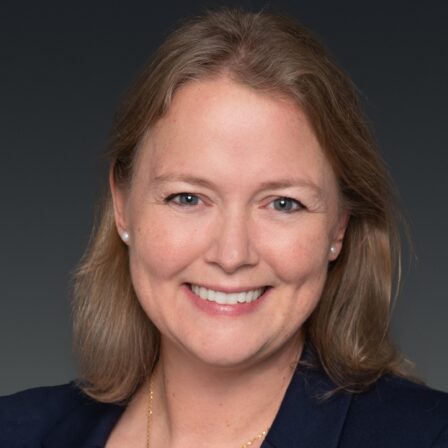
Florence K.S. (Flossie) Davis
Associate General Counsel
Constellation Energy

Timothy Dumbleton
Chief Operating Officer
Microgrid Networks LLC
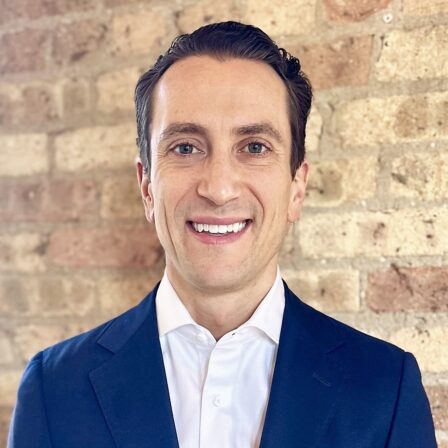
Gabriel Wapner
Vice President, Business Development
Hecate Grid
Concurrent 2B: EPA 111(b) and (d) Rulemaking Revisited
The EPA is in the process of proposing new greenhouse gas (GHG) standards for new and existing fossil fuel-fired power plants that will be implemented under sections 111(b) and (d) of the Clean Air Act (CAA). By setting carbon dioxide (CO2) limits on fossil fuel-fired power plants, the presumptive rules will impact new and existing coal, oil and gas-fired steam generating units, and gas-fired combustion turbines. What will be the impact of these new rules? While they are intended to reduce GHG emissions, will they also hasten the retirement of incumbent generation units before newer and cleaner alternatives can take their place? What are the consequences for electricity costs and grid reliability?
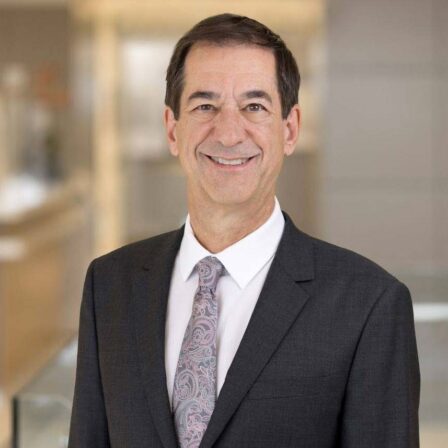
Moderator -
Thomas A. Lorenzen
Partner
Crowell & Moring LLP

Jay Duffy
Litigation Director
Clean Air Task Force
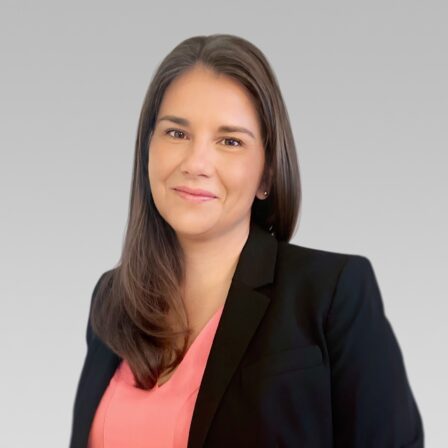
Meghan E. Greenfield
Senior Counsel
U.S. Department of Justice, Environmental Defense Section
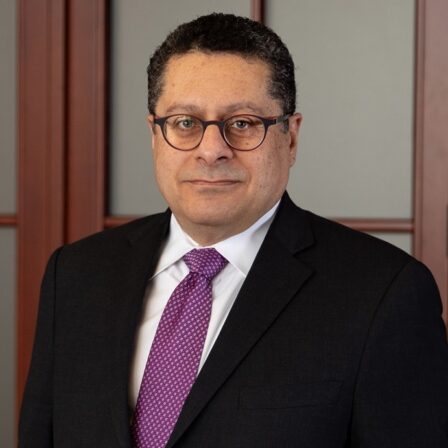
Makram B. Jaber
Partner
McGuireWoods
Wednesday, Oct 11
9:00 AM - 10:30 AM: General Session 2: Climate Goals, Electrification and Utility Regulation
Many cities, states, and provinces have adopted ambitious goals to reduce GHG emissions. These new laws and requirements have implications for the future of both electric and gas distributions companies and their state utility regulators. This panel will explore how state and provincial regulators are starting to grapple with implementing these goals within the context of existing regulatory regimes. In particular, the panel will identify where climate goals and utility regulations can be in tension, including least cost planning requirements that can impede the deployment of newer technologies, concerns about universal service obligations and maintaining programs that support low- and middle-income customers, and cost recovery for investments in infrastructure that might stranded in the long term. Panelists will explore opportunities to use existing regulatory regimes and areas where new approaches may be needed.

Moderator -
Nikki Hall White
Partner
Wilkinson Barker Knauer LLP
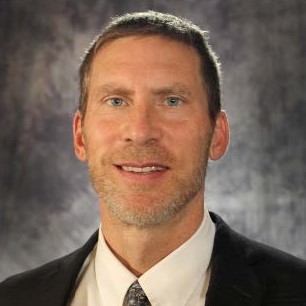
David S. Lapp
People's Counsel
Maryland Office of People's Counsel
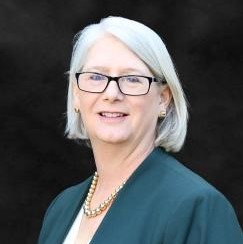
The Honorable Ann Rendahl
Commissioner
Washington Utilities and Transportation Commission
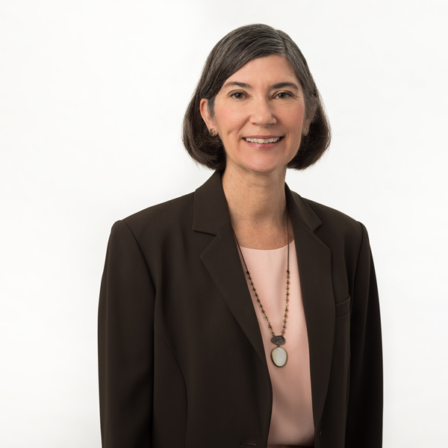
Cliona Robb, Esq.
Director
ThompsonMcMullan P.C.
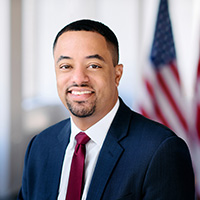
Chairman Emile C. Thompson
Chairman
Public Service Commission, District of Columbia
10:30 AM - 11:00 AM: YLC Meet Up
11:00 AM - 12:15 PM: Concurrent Sessions
Concurrent 3A: Gas-Electric Coordination - A Tough Nut to Crack
Gas-Electric coordination has become a critical topic because of the increased interdependence of the natural gas and electric sectors, both of which provide essential services to customers and businesses. The gas and electric system have been put under stress by extreme weather events and increased demand. The panel will discuss and provide updates on the gas-electric coordination efforts that have been underway over the past several years, including the efforts of the Gas-Electric Harmonization Forum at the North American Energy Standards Board at the request of FERC and NERC, as well as efforts at the RTOs/ISOs, states, and FERC.
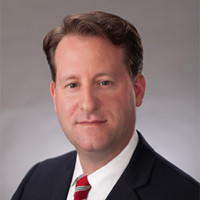
Moderator -
Matthew J. Agen
Chief Regulatory Counsel, Energy
American Gas Association
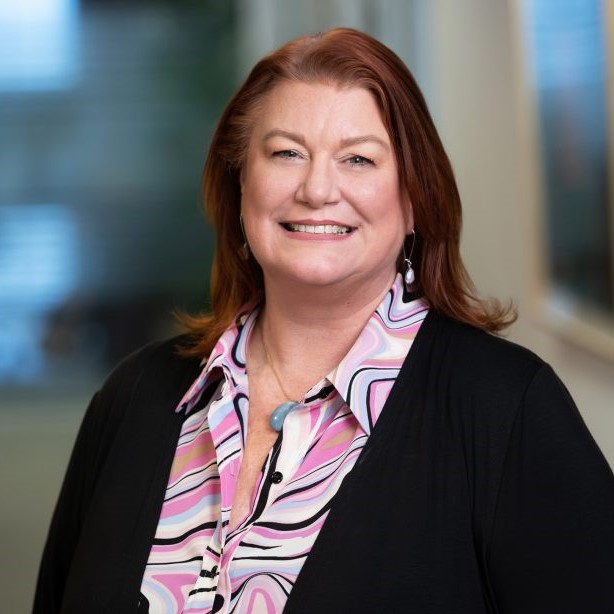
Nancy E. Bagot
Senior Vice President
Electric Power Supply Association
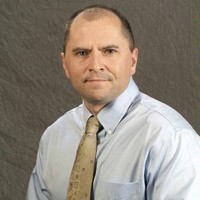
Brian J. Fitzpatrick
Principal Fuel Supply Strategist
PJM Interconnection
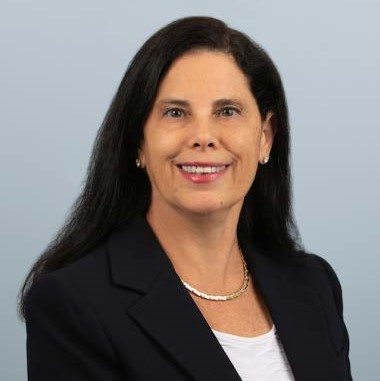
Joan Dreskin
Senior Vice President, Secretary & General Counsel
Interstate Natural Gas Association of America
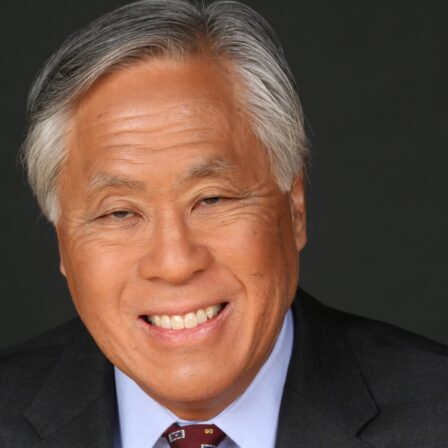
Robert W. Gee
President and Founder
Gee Strategies Group
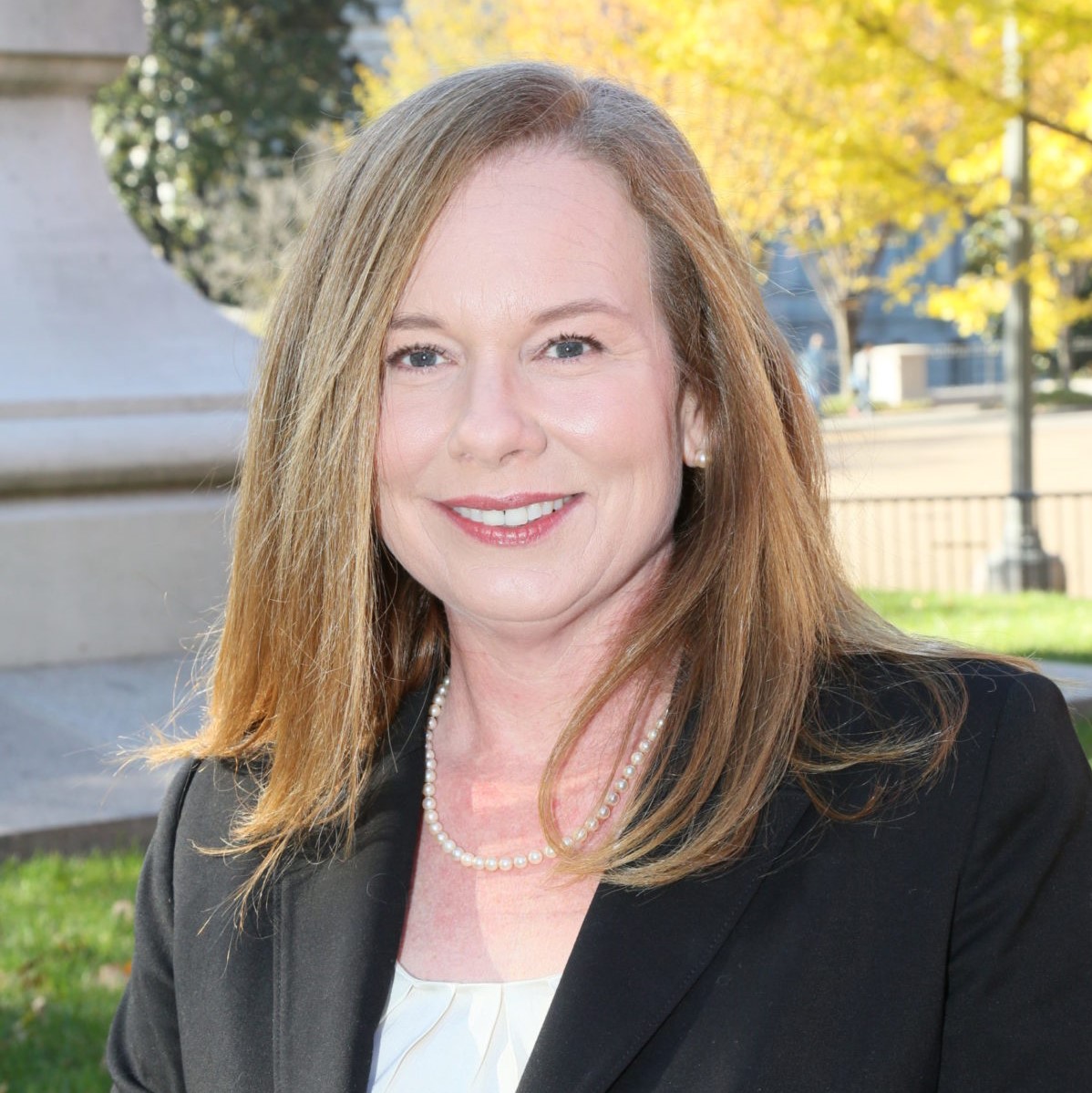
Patricia W. Jagtiani
Executive Vice President
Natural Gas Supply Association
Concurrent 3B: The Supreme Court’s Energy Docket: Where It Has Been, and Where It Is Going
As the Supreme Court's 2023 Term begins, panelists will discuss the cases from this Term that are poised to affect energy law and regulation—including the case that could overrule Chevron once and for all. Panelists will also provide an update into how past Supreme Court cases are affecting energy litigation in the lower courts, and what energy issues might make their way up to the high court next.
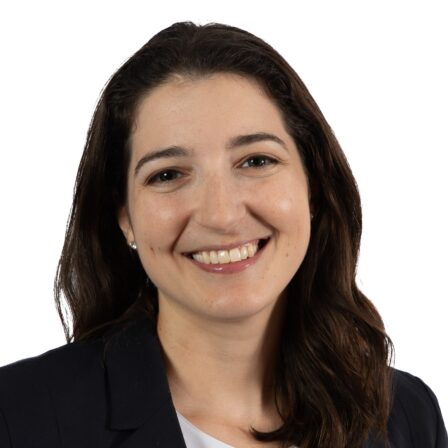
Moderator -
Jennifer Fischell
Associate
MoloLamken LLP
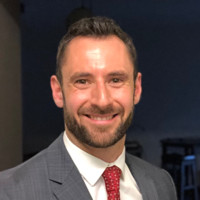
Jared Fish
Attorney, Solicitor's Office
Federal Energy Regulatory Commission
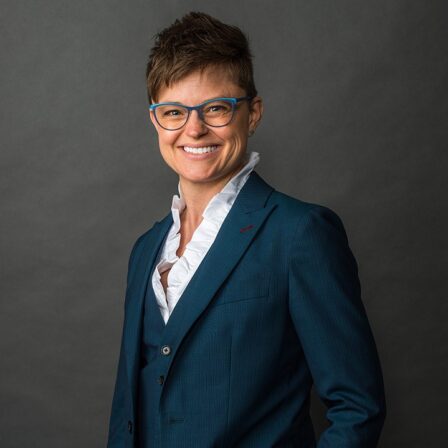
Emily Hammond
Glen Earl Weston Research Professor of Law
The George Washington University
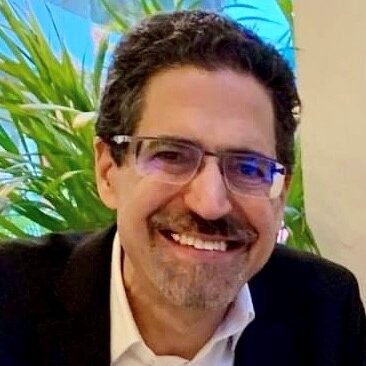
Robert Loeb
Partner
Orrick Herrington & Sutcliffe LLP
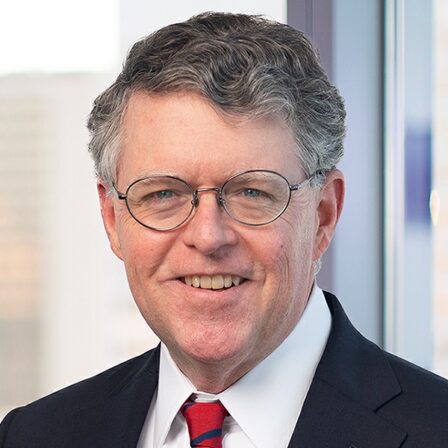
The Honorable Bernard L. McNamee
Partner
McGuireWoods
12:15 PM - 2:00 PM: Lunch
2:15 PM - 3:30 PM: Concurrent Sessions
Concurrent 4A: Electricity Market Incentives that Ensure Reliability - The Carrot and the Stick
The implicit - and often explicit - goal of complex electricity markets is to ensure that resources are online when and where they are needed. Key questions include how we adequately compensate resources for being available when called and what market rules apply when market participating generators fail to perform. With the boom of renewables after the passage of the IRA, some grid operators are fine tuning how to correctly value intermittent resources. Correctly valuing market resources is one type of incentive for generators to produce power when needed. This panel will discuss how to improve reliability incentives for generators in electricity markets.
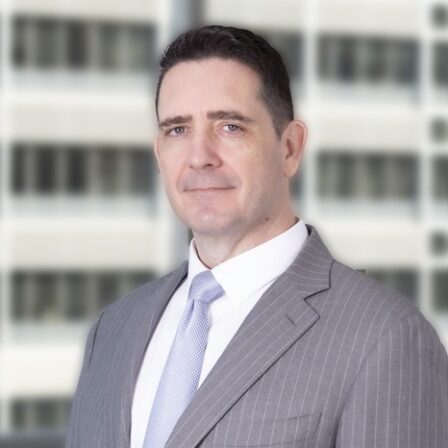
Moderator -
John Lee Shepherd, Jr.
Partner
Hunton Andrews Kurth
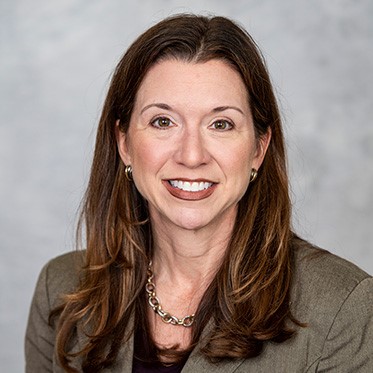
Denise Foster Cronin
Vice President of Federal and RTO Regulatory Affairs
East Kentucky Power Cooperative
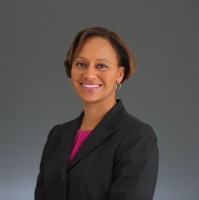
Jacqulynn B. Hugee
Managing Counsel - Federal Energy Regulatory
Dominion Energy Services Inc.
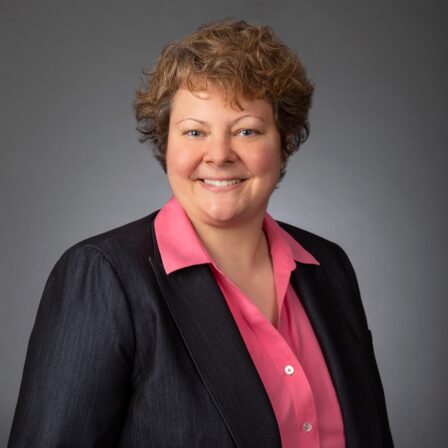
Jane E. Rueger
Partner
Perkins Coie LLP
Concurrent 4B: Whose Side Are You On: Managing Conflicts of Interest in Serving Today's Energy Client (Ethics)
While the Model Rule on Conflicts of Interest stays the same, today's energy client has evolved to have many facets. This means that energy attorneys today, whether they are engaged in private practice or in-house, are increasingly called upon to advise clients with diverse energy resources and/or plans. This panel will explore what qualifies as a conflict, business conflicts vs. ethical conflicts, what can be handled through advance waivers vs. through other means and practical ways to deal with these issues. . We will focus on defining an attorney’s professional and ethical obligations and addressing potential solutions and avoidance of pitfalls. The panel will conclude with our conflict experts responding to hypothetical common ethical challenges to show us how to stay out of the mud.
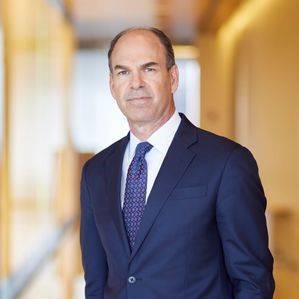
Moderator -
Thomas S. O'Neill
Partner
Jenner & Block
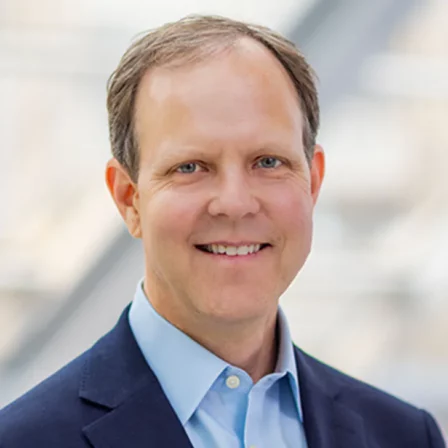
William Borders
EVP, Legal and Chief Compliance Officer
Invenergy

Emma F. Hand
Partner
Dentons
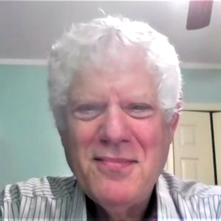
Saul J. Singer
Senior Ethics Counsel
District of Columbia Bar
3:45 PM - 5:15 PM: Closing General Session: The Hope and Promise of Permitting Reform
Since the passage of the Bipartisan Infrastructure Act and Inflation Reduction Act, there has been increasing interest in addressing the challenge of building the infrastructure needed to power the energy transition. This challenge runs the gamut from siting transmission lines needed to carry electricity generated from renewable energy sources to constructing new and expanded pipelines required for transporting natural gas, carbon dioxide, and hydrogen. On Capitol Hill, Congress has passed National Environmental Policy Act (NEPA) and permitting reforms as part of the debt ceiling agreement, and several bills have been introduced on both sides of the aisle seeking further permitting reforms. The Biden Administration is also re-writing multiple regulations, including regulations under the NEPA, that were previously re-written during the Trump Administration. This panel will explore how these developments have affected and will affect the building of electric transmission and interstate pipelines going forward, as well as what additional permitting reforms could expedite the growth of the nation’s energy infrastructure.
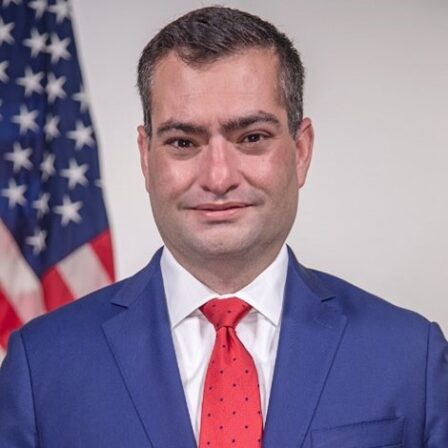
Moderator -
Alexander Herrgott
President
The Permitting Institute
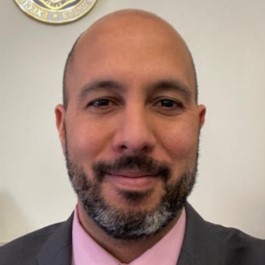
Jomar Maldonado
Director for the National Environmental Policy Act (NEPA)
Council on Environmental Quality
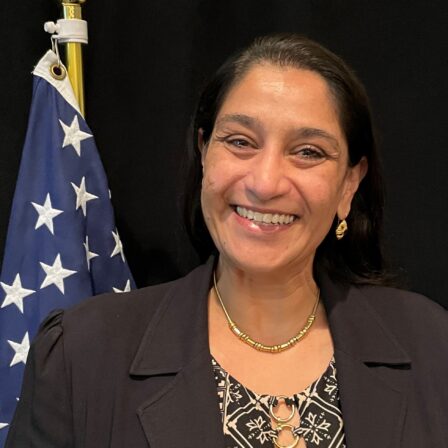
Manisha Patel
Deputy Executive Director
Federal Permitting Improvement Steering Council
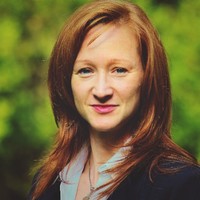
Kim N. Smaczniak
Special Counsel
Federal Energy Regulatory Commission
5:15 PM - 6:15 PM: Farewell Reception
CLE:
This program is eligible for 9.5 hours of CLE credit in 60-minute states, and 11.4 hours of CLE credit, in 50-minute states. Credit hours are estimated and are subject to each state’s approval and credit rounding rules.
To Receive CLE Credit:
If you have met the participation requirements, you will receive a personalized CLE affidavit from mcle-eba@americanbar.org for the program at which you attended at least one session to completion. Please check your spam or junk folders as these emails often end up there. Please note you will fill out one affidavit for the full event. Once you complete the affidavit, you will be able to download your certificate(s) of attendance and they will be emailed to you as well from mcle-eba@americanbar.org
Scholarships:
EBA offers eligible student, government, and academic members discounts on the rates for most EBA programs which carry CLE credits, including EBA's Annual and Mid-Year Meetings. EBA will, on a case-by-case basis, consider requests from members to attend EBA programs at a discounted rate. Discount requests must be made to EBA's office at least fifteen days prior to the close of regular registration for the program in question. Requests will be considered by EBA if timely and complete. Discount requests must demonstrate a substantial financial hardship. Please submit your requests to jhannan@eba-net.org.














